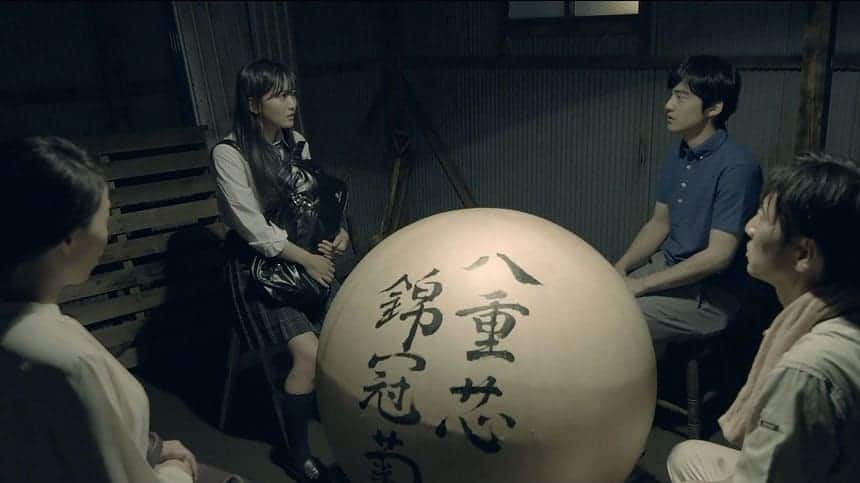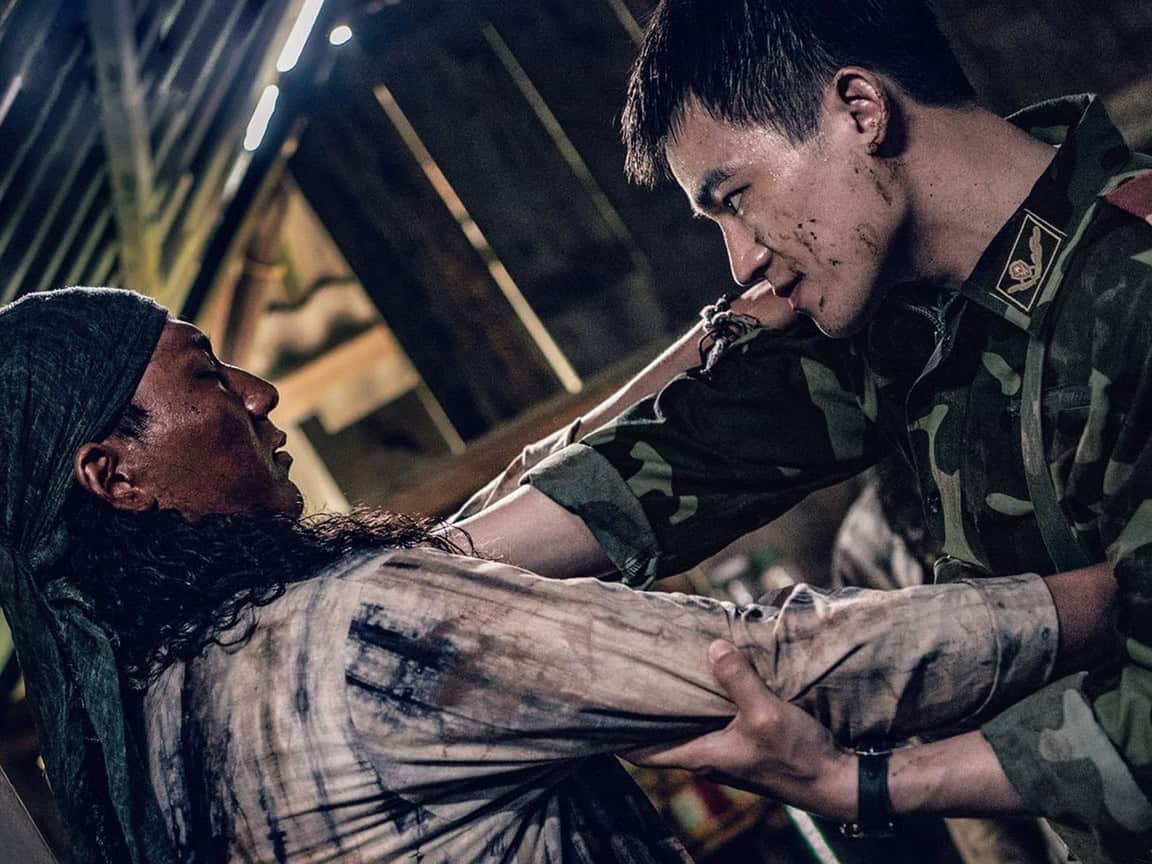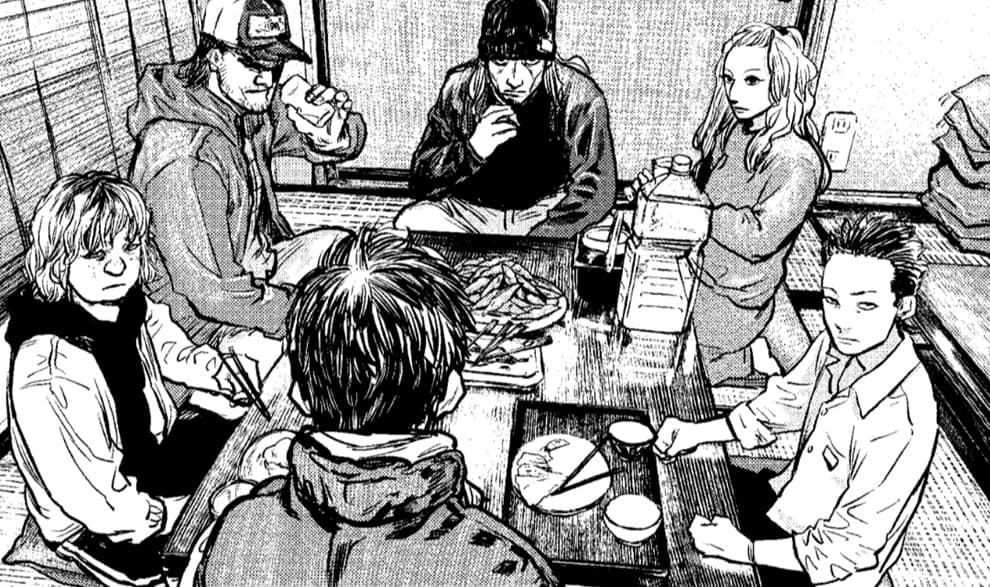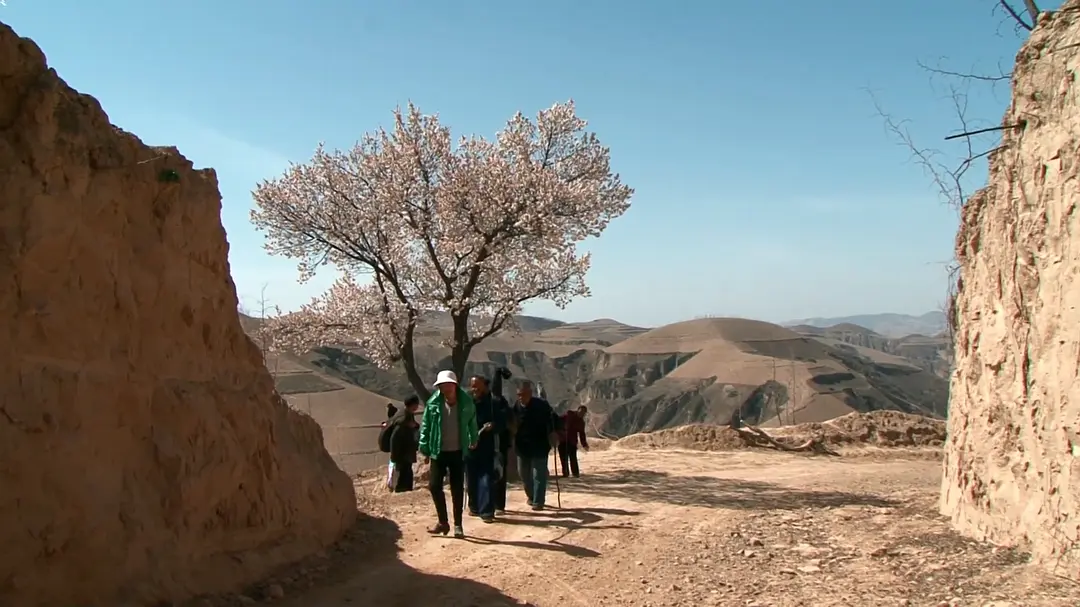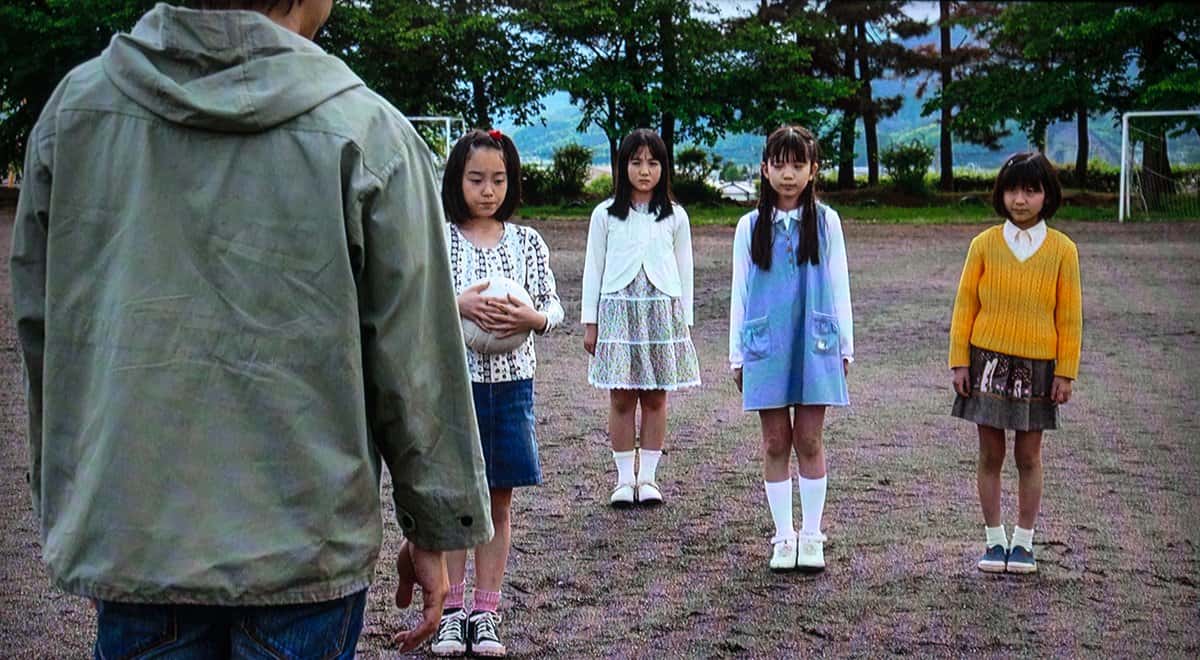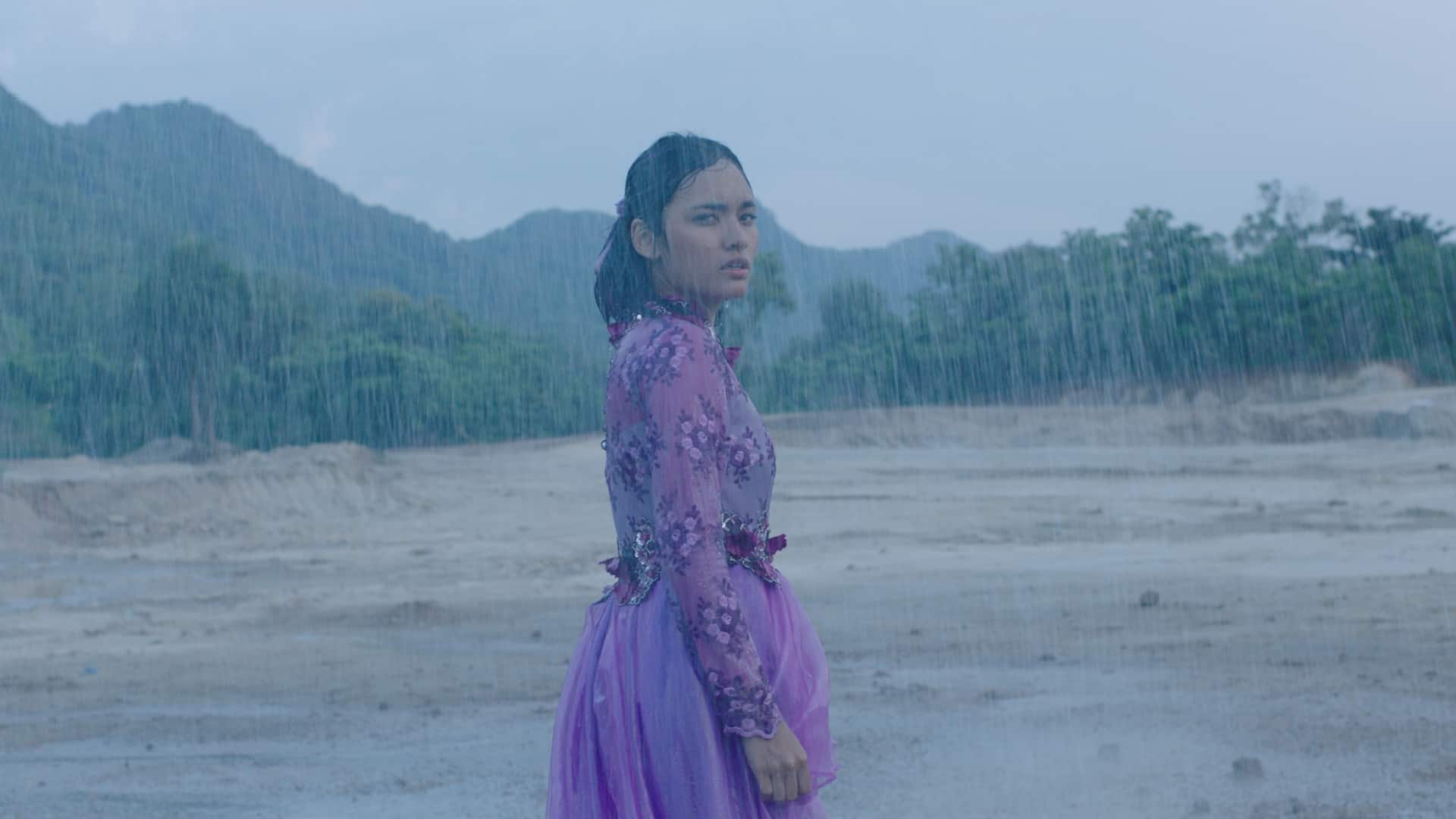In recent years, “Sopyonje” has fallen off of the radar a bit, mostly because of the popular Korean film renaissance that started after the mid-90s, overshadowing its success. Yet, when the production came out in 1993, it was deemed a masterpiece, being responsible for a new wave of interest in Korean traditional music. The first Korean film ever to draw over one million people to the theatres, “Sopyonje” swept the Korean Film Critic's Awards by winning best film, best director, best new actress, best cinematography, and best music. It's an undoubted Korean classic.
“Sopyonje” screened as part of the Korean Cultural Centre UK‘s “Trapped! The Cinema of Confinement” programme
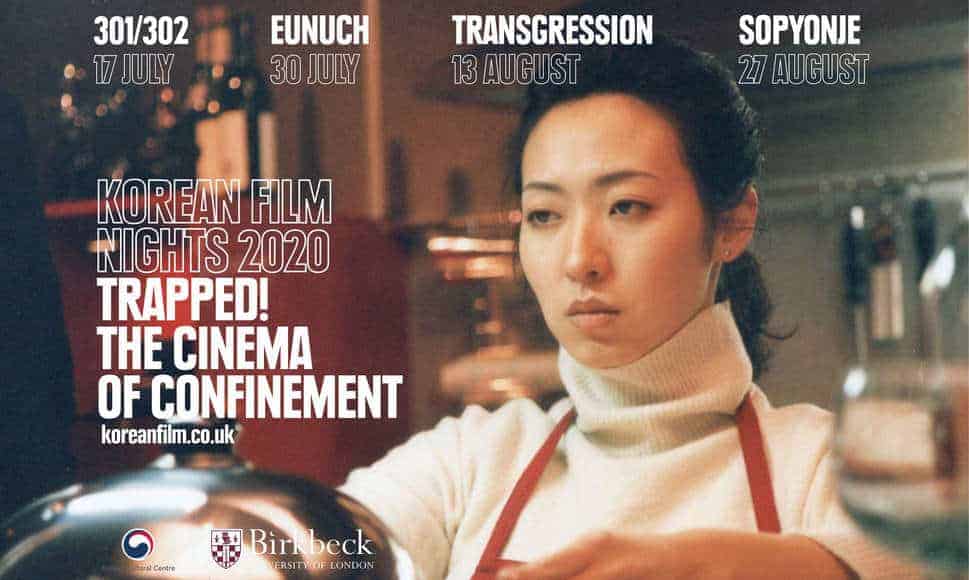
Directed by legendary Korean director Im Kwon-taek, who has directed more than one hundred movies in his long career, and known for other classics like Chunhyang (2000), The Surrogate Woman (1987), and Mandala (1980), comes a story of music, family, toxicity, and ambition. It follows a father, Yu-bong, and his two adopted children, son Dong-ho and daughter Song-hwa. Pushed and driven by their father, they keep the Korean musical tradition of Pansori alive by traveling around the country, performing. With western music styles slowly taking over, and interest for the traditional Korean folk music waning, Yu-bong does everything he can to pass on his knowledge to his adoptive children. His life revolves around making his children successful, yet at the same time, this seems to be fed by his ego. His passion becomes theirs, yet they have very little choice in the matter.
More than anything, music is the lifeline throughout the film. The way a story gets told by means of music is elegant, and entirely in the spirit of Pansori, a musical style that is often compared to the blues, and usually portrays stories of the collective suffering of South Koreans. It's a desperate attempt to keep the Korean tradition alive, and for many, it will have succeeded. The production feels like a love letter to Korea and its old traditions, all the while portraying its decline in popularity beautifully. The themes it deals with are quite on the nose, but powerful. What is justified in the search for success? How does one deal with the decline of what they love? Can you treat your children ruthlessly if you believe this will help them in the future? It's easy to fall for the feeling of artistic superiority, but it has some merit. They live in a hard and troubled world, and that becomes all too apparent throughout the story.
It's a narrative that is quite common in life, and could even provide some life lessons for many. It's a powerful and rough story. The production feels less streamlined, and more abstract in its craft. The writing by Kim Myung-gon and Yi Chong-jun sounds like poetry at times, especially in its pansori lyrics. With a running time of 112 minutes, it is a bit meandering and slow-paced. The non-linear storyline and editing as done by Park Sun-duk make up for this slightly, giving some room for mystery and intrigue, but due to the nature of the narrative, the mysteries were never long-lived and you weren't left to wonder a lot. There is however still plenty of charm to it, and it is far from tiresome.
Kim Myung-gon plays the tortured and ambitious Yu-bong incredibly well. His portrayal is realistic and despite his character being arguably morally repulsive or dark grey at best, he feels like a real person, and his motivations and drives are all too clear. Ethically, it is hard to care for him, yet his performance convinces you otherwise. The daughter as played by Oh Jeong-hae causes heartbreak and is the emotional backbone of the classic. Her passionate performance highlights the tragic nature of the character, and even though her performance is at times overbearing and melodramatic, it fits the overall theme very well. Kim Kyu-chul in turn plays the adoptive son Dong-ho with a similar passion. His opening performance sets the tone of the film nicely, whereas throughout it he is a stabling factor of readable frustration and pain.
Like the narrative, Kim Yu-joon's art direction is classical and traditional, feeling equally grand as well as small. At times it feels like a close-to-home adventure movie, its nomadic nature and wide shots by cinematographer Jeong Il-seong having hints of grandeur. Its long takes are mesmerizing and pull you in, especially in connection with its Pansori music, which drive the story forward appropriately. One gripe is with the make-up department. Even for its time and budget, its make-up is unconvincing and even distracting in trying to make the characters look older. Instead, it is mostly off-putting.
“Sopyonje” opens up the pansori tradition to a whole new generation. This is perhaps its greatest achievement. It preserves Korean tradition, and its cultural impact is undeniable. The art of Pansori gets highlighted in a way most people probably had no idea was possible, nor were they interested in it. This movie is more than just a commercial for Korean folk music, though. Its true artistic value is in its storytelling, using pansori and film as a vehicle to bring this genuine treat your way. It feels very uncommercialized and is rather unique in its kind, giving anyone a reason to give it a try.



